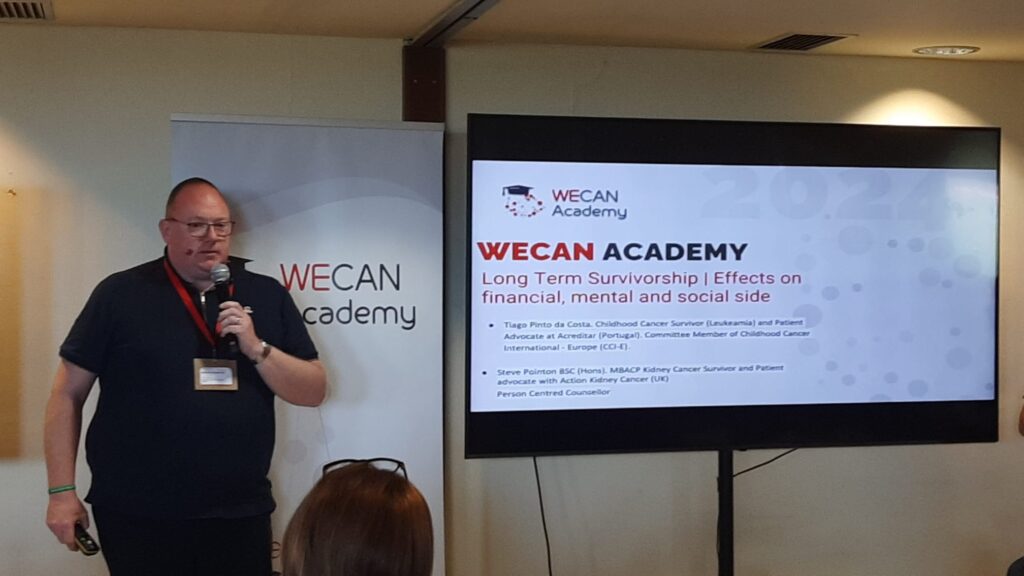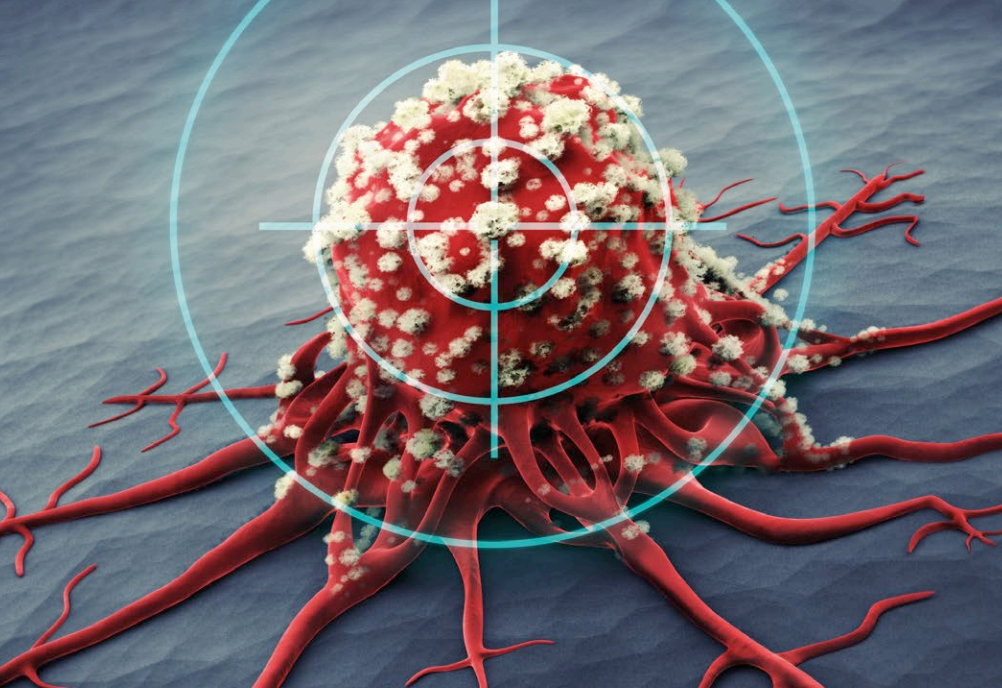Share this Page:
Results from the JAVELIN Renal 101 phase 3 study to assess a combination of avelumab (Bavencio) and axitinib (Inlyta) versus sunitinib (Sutent) as first-line treatment for advanced renal cell carcinoma (RCC) were presented at the European Society of Medical Oncology (ESMO) 2018 conference in Munich over the weekend. Avelumab is a PD-L1 checkpoint inhibitor and axitinib is a potent vascular endothelial growth factor (VEGF) tyrosine kinase inhibitor (TKI), currently approved in the second line for advanced RCC.
A total of 886 patients were randomly assigned to receive either sunitinib (444 patients) or the combination of avelumab + axitinib (442 patients).
The combination of avelumab + axitinib significantly improved median progression-free survival (PFS) in patients who were PD-L1 positive (13.8 months vs 7.2 months). Avelumab + axitinib also improved PFS in the overall population (13.8 months vs 8.4 months).
Fifty-one percent of all patients had an objective response with avelumab + axitinib, compared with 26% of patients on sunitinib. Currently, overall survival data are not mature enough to be analysed.
About half of the patients in each treatment group had a severe or life-threatening treatment-related adverse event, and 12% of patients on avelumab experienced an infusion reaction (immune-related adverse event).
In summary, these findings are very promising regarding the safety and efficacy of avelumab + axitinib for patients with advanced RCC. At this time, survival data is immature so it is unknown if first-line therapy with a combination of a TKI plus immune checkpoint inhibitor is better than each treatment when given alone, one after the other.
“The results are eye catching,” said Professor Thomas Powles, consultant oncologist at Barts Health in London. “The response rates are twice as good as previous standards of care, and progression-free survival is entering into very impressive territory for a randomised trial. This approach involves giving combinations of most active agents upfront, therefore there is uncertainty around whether this will translate into a similarly impressive survival signal, as seen with other immunotherapy combinations.”













